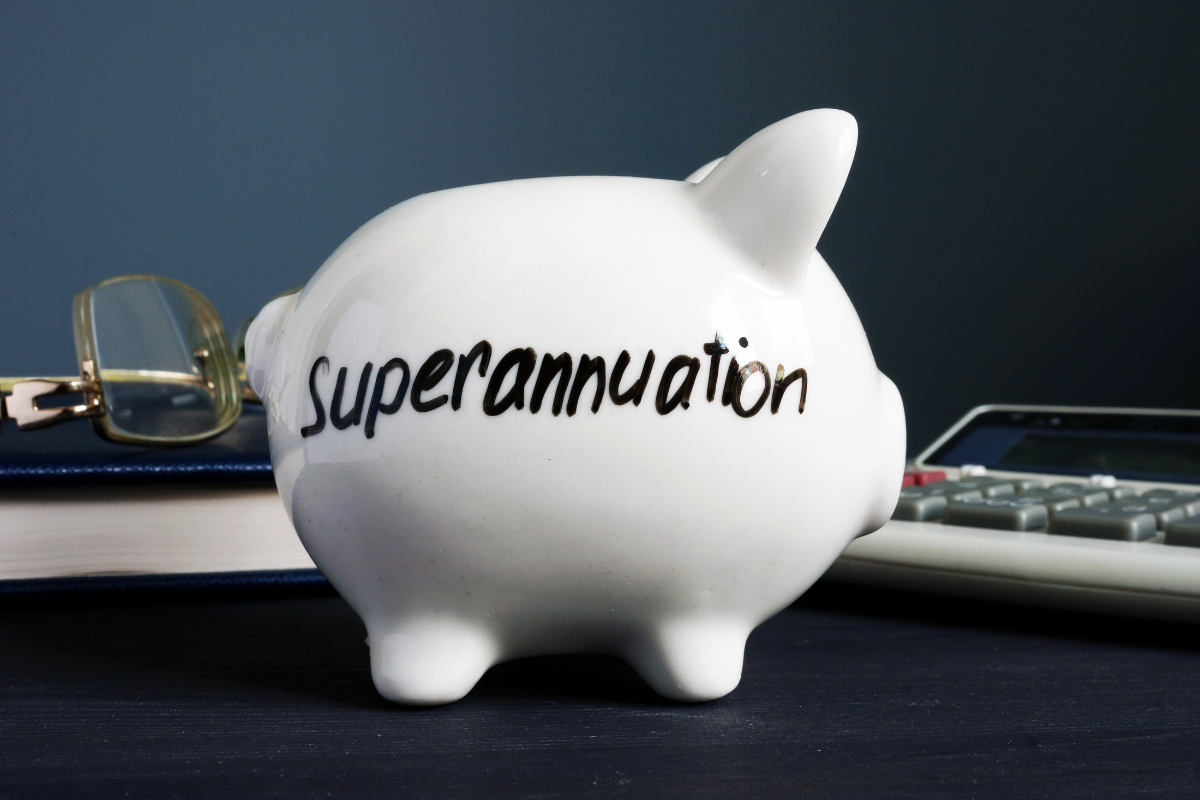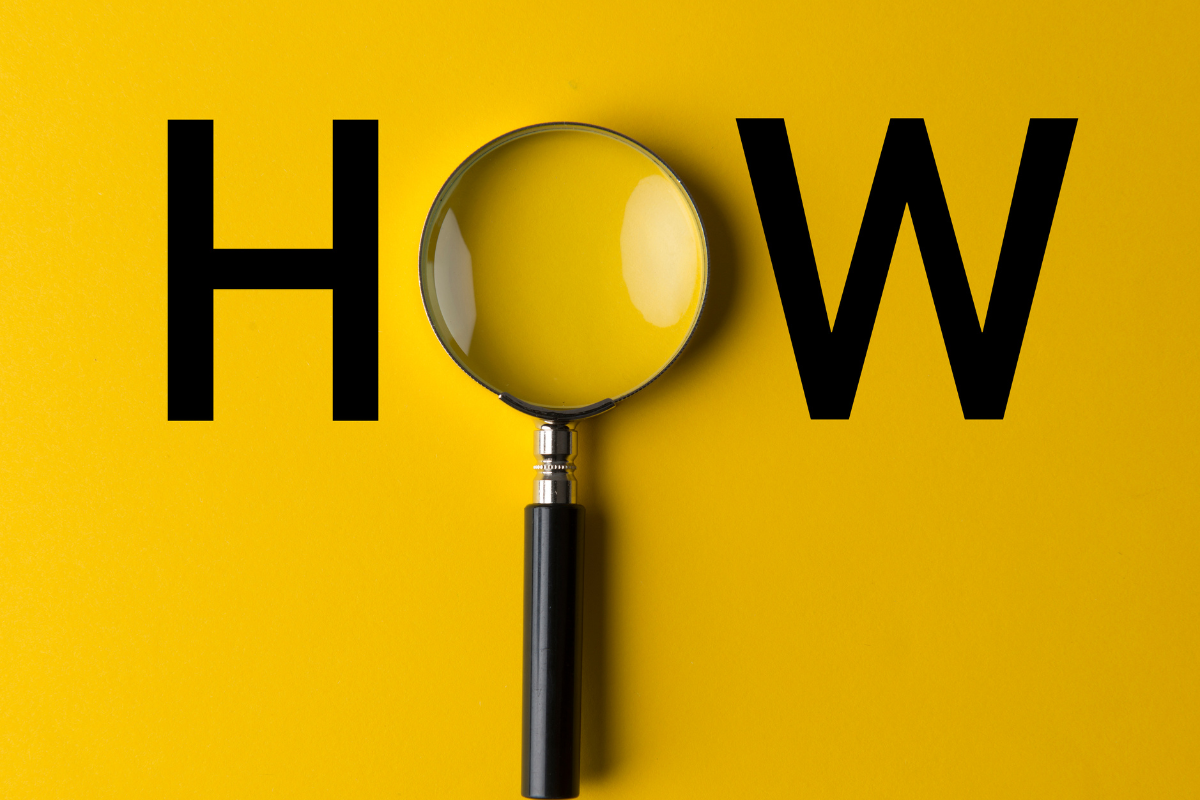Creating an emergency budget that works for you
It could take months, even years, to clear debt – especially if you used your credit card and you know you’ll be slugged with snowballing compound interest each month you don’t pay it off.
Things might get worse if another emergency comes up and you don’t have the means to pay for it. Before you know it, you’ve dug yourself into a deep financial hole that can be hard to get out of.
That’s why it’s no surprise that financial experts recommend creating an emergency fund. It’s a pool of money you always have on hand to cover any unexpected expenses.
Any fund is better than no fund
The figure most often cited by finance media personalities is six months’ salary. So how much do you really need?
The best way to decide on a figure is to look at your personal situation, and then create a budget accordingly. Consider possible future expenses, how much you earn, what your weekly costs are and how much you could realistically live without. It will take time to build your emergency fund, but it will be worth it in the end.
Think about it – even a few hundred dollars set aside now could mean not dipping into your credit card balance later on. This can help you avoid the rollercoaster of debt.
Work out what your unexpected costs could be
Think about the types of expenses that could come your way when you least expect them. List anything that’s outside your normal budget. This might include urgent car or home repairs, medical appointments, vet, or dental bills, or even an unexpected interstate or overseas trip to visit a sick family member.
While it’s unlikely you’ll get hit with all these expenses at once, having an idea of your potential future costs can go a long way in helping you decide your emergency savings target.
Revisit your budget
Once you know what you’re aiming for, look at your budget and work out how much you can afford to put away each week. If you don’t have a budget already – today’s the day to start one.
Consider your current financial commitments, then decide on a percentage of your wage that you’d like to put aside. For example, you might commit to saving 10% of your take-home pay until you reach your emergency fund goal.
If you’re financially stretched at the moment, putting aside money each week for something that might not happen in the future can seem like a big ask. But it may not be as tough as you first think.
Be consistent with your savings
Consider creating two separate bank accounts – one for your weekly expenses and ‘fun’ money, and another for your emergency fund. Then set up an automatic transfer so the money earmarked for emergencies goes straight into that account each payday. This way, you’ll barely even notice the money that’s gone. And over time, you’ll get used to having slightly less in your weekly expenses and ‘fun’ money account.
Replenish your fund after use
With your emergency fund now set up, you can relax knowing that you’re financially prepared for the unexpected. But remember – your fund is there for urgent, necessary costs only.
If you do need to dip it into it for a real crisis, then that’s fine – that’s what it’s there for. But make sure you top it back up again when you’re financially ready to do so. This way, if another unexpected bill comes your way, you’ll be prepared.
Talk to an adviser
Everyone’s financial situation is different. That’s why talking to a financial adviser can be so useful. They can show you how to create a budget and savings plan tailored to your needs, including an emergency fund. An adviser can also help you find the right insurance to protect your finances in the future.
Reach out to the team at ADR Wealth to create an emergency fund and a budget that will work for you.
Source: Colonial First State





